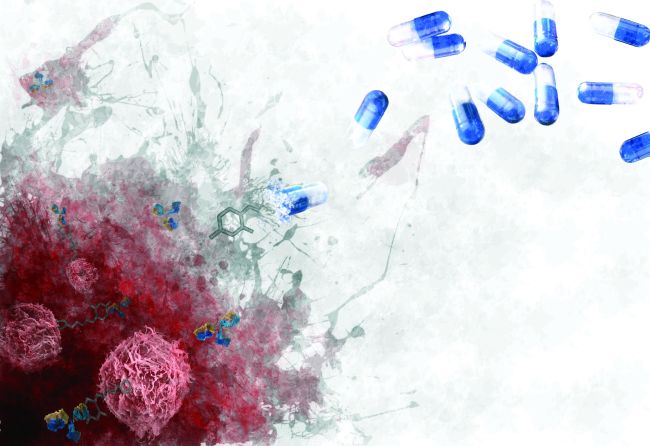Spain Joins the Antibody-Drug Conjugate Bandwagon to Fight Cancer .
Yondelis // Aplidin // PM01183 // PM060184 // PM050489 .
Clara Rodríguez Fernández on 01/12/2016 .
 PharmaMar is an Oncology Pharma in Madrid mining a vast source for Drug Discovery : Marine Organisms.
PharmaMar is an Oncology Pharma in Madrid mining a vast source for Drug Discovery : Marine Organisms. The Company is now pivoting to a more innovative technology with the announcement of positive in vitro results of an Antibody-drug conjugate (ADC) candidate, MI130110, against fibrosarcoma and multiple myeloma. Which means the popular ADC field has managed to attract yet another company into what could be a major breakthrough in cancer therapy.
Immuno-oncology stole the show during the last decade by promising a cure for cancer. However, the deaths of five patients in Juno’s CAR-T trial are a clear indicative of the challenges this field is facing. While scientists work on it, ADCs offer an effective alternative capable of overcoming tumor resistance, preventing metastasis and relapse, and most importantly: less expensive than CAR-T.
PharmaMar’s oncology pipeline includes compounds from sea squirts and sponges
It’s then clear why companies like PharmaMar, as well as big pharma such as Roche, Novartis, Eli Lilly and Pfizer, are turning to ADCs. This is also a sign of how recent innovations are driving the modernization of the pharma industry, shifting from a traditional purely chemical perspective to a biotech-based focus.
With a drug already on the market for soft tissue sarcomaand relapsed ovarian cancerand another pending market authorization for multiple myeloma, PharmaMar seems to be doing really well. By entering the ADC field, which promises more effective therapies with fewer side effects, the company is updating its already solid portfolio to keep up with the times.
 However, PharmaMar will encounter tough competitors in its new area: both ADC Therapeutics, in Switzerland, and Wilex, in Germany, have ADC candidates against multiple myeloma in preclinical stage. ADC Therapeutics, with two programs already in Phase Ia, received the biggest funding round in Europe this year, led by AstraZeneca.
However, PharmaMar will encounter tough competitors in its new area: both ADC Therapeutics, in Switzerland, and Wilex, in Germany, have ADC candidates against multiple myeloma in preclinical stage. ADC Therapeutics, with two programs already in Phase Ia, received the biggest funding round in Europe this year, led by AstraZeneca.
In our review of the promising ADC field, Chris Martin, CEO of ADC Therapeutics, stated that ADCs show a huge promise for future therapies in combination with immuno-oncology strategies like checkpoint inhibitors. With big and small companies alike jumping into these revolutionary approaches, could we be nearing the end of cancer? .